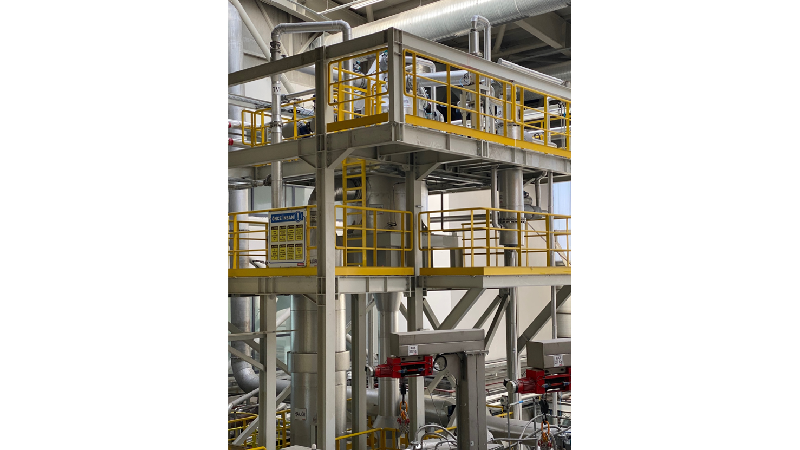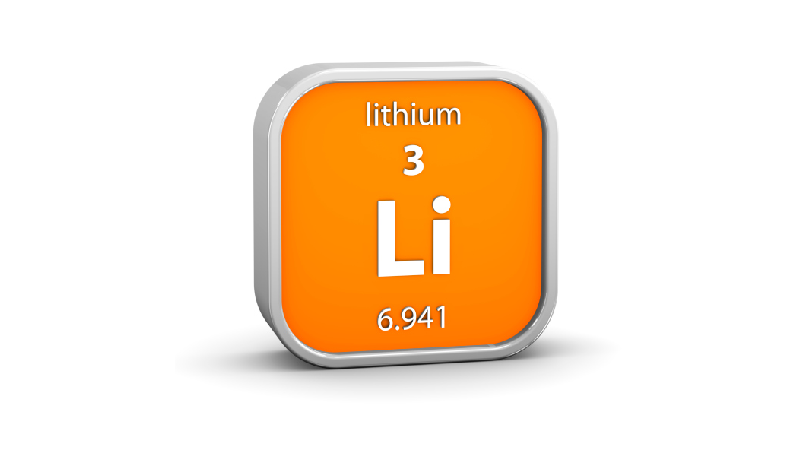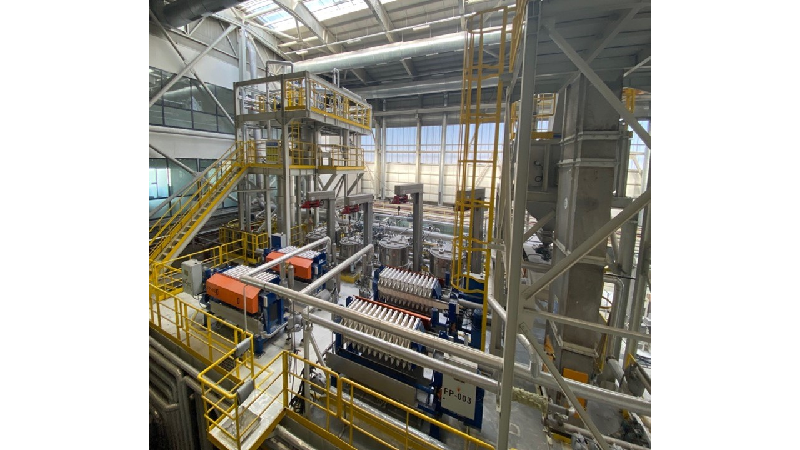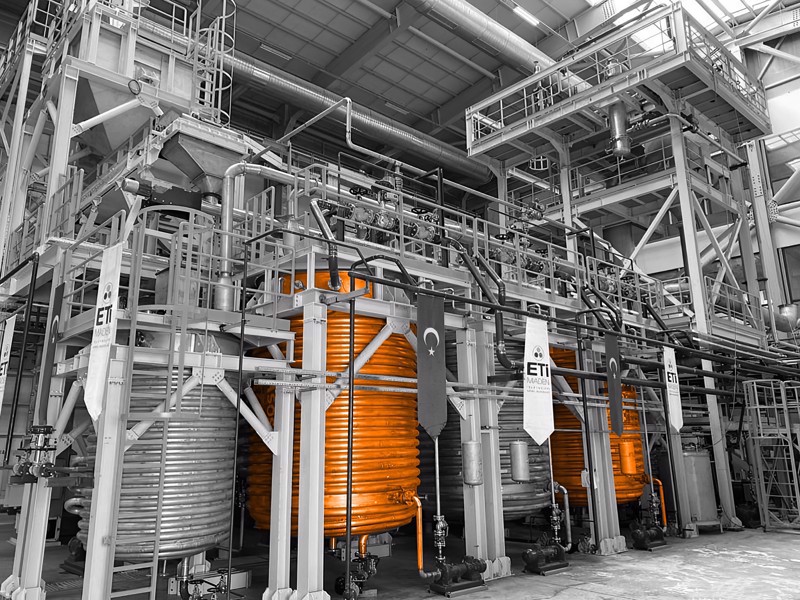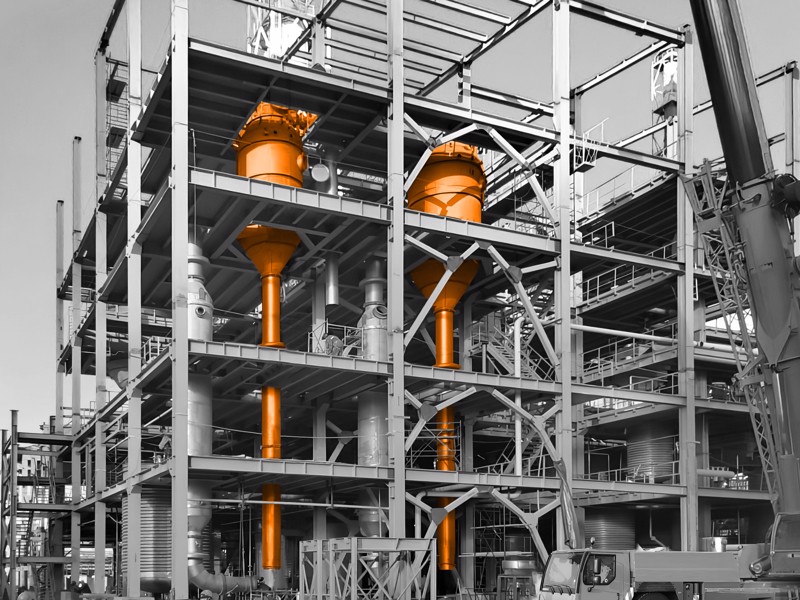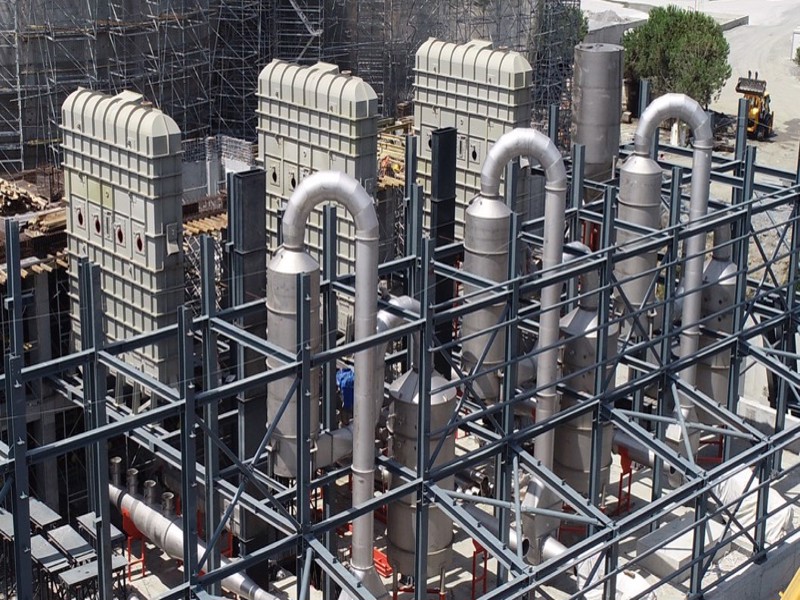As electric cars begin to develop, it is predicted that the demand for batteries for these vehicles will increase and thus the demand for lithium, one of the main raw materials of batteries, will also increase in the coming years. The battery used in energy storage is the most important component not only for automobiles, but also for all portable devices that require energy, such as mobile phones and portable computers. Lithium also has a wide range of uses, including as an oil additive in the automotive industry, as an alloying element in the metallurgy industry, and as lithium minerals in the glass and ceramics industry.
Lithium is basically obtained from brines, which are expressed as lake waters and sea waters, and from mineral fields containing lithium minerals (spodumene, lepidolite).
Lithium Carbonate (Li2CO3) is an inorganic compound that is the lithium salt of carbonate. Producing Lithium Carbonate salt from brines is both cheaper and easier compared to mining methods. The most important parameter in the Lithium Carbonate (Li2CO3) production process is the ratio of Lithium (Li) and other impurities (Mg&Ca).
Process solutions provided by ASOS for the Lithium Carbonate Plant:
- Pre-Purification and Precipitation Units,
- Continuous Precision Solid/Liquid Filtration Units,
- Vacuum Evaporation and Crystallization Units,
- Specially Designed Dryer and Cooler Unit According to Crystal Size,
- High Purity Lithium Salts (Li2CO3, LiOH, LiCl)
- DCS Process Control Unit, which provides control of the entire facility from a single point.

